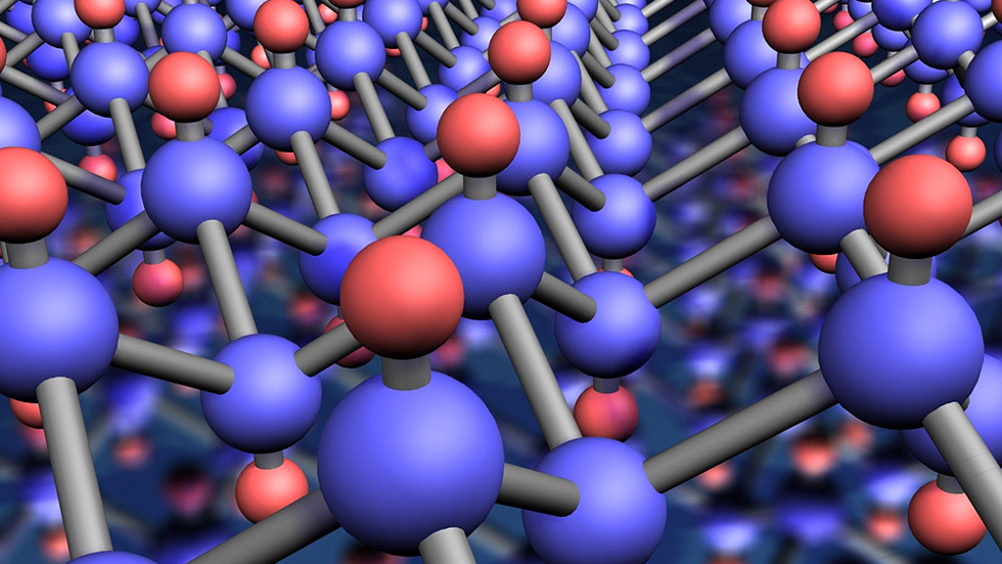A new type of non-liquid lubricant containing graphene reduces friction and wear under conditions found applications including air compressors to missile systems, claim researchers in the US.
Developed by researchers at Purdue University, the new liquid-free composite is made from a slurry of graphene, zinc oxide, and the polymer polyvinylidene difluoride.
“It [graphene] has superior thermal conductivity, high strength and provides ultralow friction,” said Vilas Pol, an associate professor of chemical engineering at Purdue University.
The nanosize zinc-oxide particles allow the lubricant to stick to the metal surface, and the polymer binds the whole mixture together, said chemical engineering graduate student Arthur Dysart.
Solid lubricants are needed for numerous applications such as air compressors, equipment used in the food industry, space vehicles, gear-and-chain mechanisms, fasteners found in high-temperature environments, and missile systems.
“The fundamental causes of mechanical failure are friction and wear, so reducing these factors improves the performance and lifetime of many mechanical systems,” said Farshid Sadeghi, Purdue’s Cummins Distinguished Professor of Mechanical Engineering. “Despite recent advances, liquid lubricants cannot be used in situations of high temperature or low pressure such as a vacuum environment, so dry solid-state lubricants are a viable alternative to their liquid counterparts in extreme operating environments.”

Researchers tested stainless-steel surfaces coated with the new lubricant. “We tested it under worst-case scenarios,” said mechanical engineering graduate student Abdullah A. Alazemi. Findings were detailed in a research paper published on July 11 in Carbon.
“The durability and resilience of this adhesive coating suggest exceptional potential as a dry lubricant for high load-bearing applications,” Pol said.
The researchers found that the composite lubricant sets up a film that significantly improves friction and wear reduction. Raman spectroscopic analysis of wear scars revealed this persistent protective film on contact surfaces.
The research is ongoing, and future work is planned with industrial partners. The researchers applied for a patent through the Purdue Research Foundation’s Office of Technology Commercialisation.
https://www.theengineer.co.uk/graphene-metamaterial/











Guest blog: exploring opportunities for hydrogen combustion engines
"We wouldn't need to pillage the environment for the rare metals for batteries, magnets, or catalisers". Batteries don't use rare...